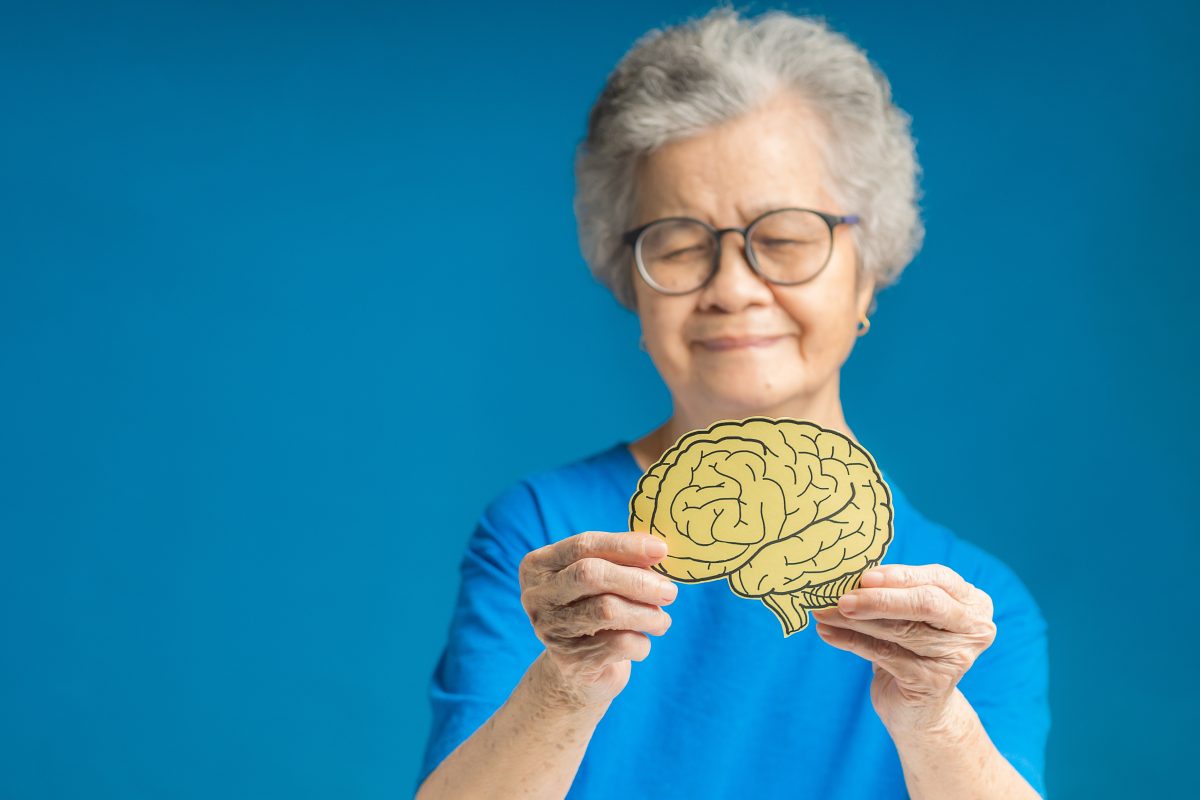Throughout our lives, our brains age alongside our bodies. To continue functioning normally, the brain requires significant care and attention, just like any other part of the body. At McPeak’s Assisted Living, we prioritize the brain health of our residents. In this blog, we’ll share with you our evidence-based strategies for maintaining cognitive function and promoting healthy aging.
Exercise Your Mind
Just as physical exercise is vital for maintaining bodily health, mental exercises are crucial for keeping our brains sharp. Engaging in activities that challenge the mind can help build new neural connections and enhance cognitive abilities. Consider incorporating the following activities into your daily routine:
1. Puzzles and Games: Whether it’s crossword puzzles, Sudoku, or brain teasers, these activities can stimulate different parts of the brain and improve cognitive function.
2. Learning Something New: Take up a new hobby or skill, such as learning a musical instrument, painting or mastering a new language. Learning stimulates brain plasticity and keeps the mind active and engaged.
3. Reading: Make it a habit to read regularly. Whether it’s fiction, non-fiction, or the morning newspaper, reading exercises the brain, improves vocabulary and enhances cognitive skills.
Stay Socially Connected
Maintaining strong social connections is not only essential for emotional well-being but also plays a significant role in preserving cognitive function. Regular social interaction can help deter feelings of loneliness and depression while stimulating the brain. Here’s how you can stay socially connected:
1. Join Clubs or Groups: Whether it’s a book club or a gardening group participating in group activities provides opportunities for social engagement and mental stimulation. At McPeak’s, we encourage residents to stay connected with each other, offering group art activities, friendly shuffleboard games, and so much more.
2. Stay Connected Digitally: Use technology to stay in touch with family and friends, especially if distance is a barrier. Video calls, social media platforms, and email can all help bridge the gap and keep you connected.
3. Visit Family and Friends: Make an effort to spend quality time with loved ones and plan regular visits or outings.
Adopt a Brain-Healthy Diet
Nutrition plays a fundamental role in brain health. Consuming a well-balanced diet rich in essential nutrients can help support brain health and reduce the risk of cognitive decline. Consider incorporating the following brain-boosting foods into your meals:
1. Omega-3 Fatty Acids: Found in fatty fish like salmon, trout, and sardines, omega-3 fatty acids.
2. Antioxidant-Rich Foods: Berries, dark chocolate, nuts, and leafy green vegetables are packed with antioxidants that help protect brain cells from damage caused by free radicals.
3. Whole Grains: Whole grains like brown rice, quinoa and oats, provide a steady supply of glucose to the brain.
4. Healthy Fats: Healthy fats such as olive oil, avocado and nuts nourish the brain and support overall cognitive health.
By incorporating these evidence-based strategies into your daily routine, you can continue to age gracefully while maintaining mental acuity and vitality. Remember, it’s never too late to invest in your brain health!
Disclaimer: The information provided in this blog post is for educational purposes only and should not replace professional medical advice. Always consult with your healthcare provider before making any significant changes to your lifestyle or diet.


